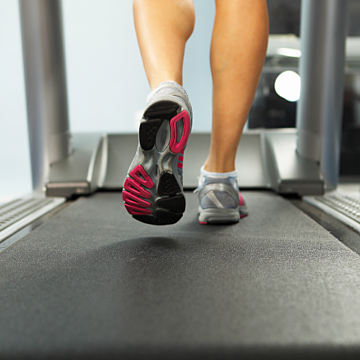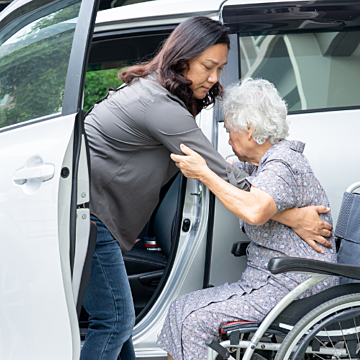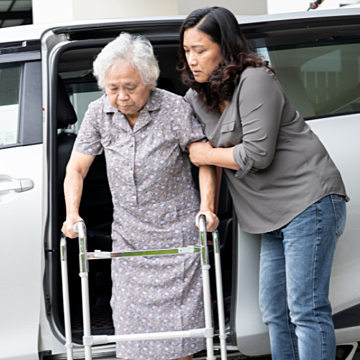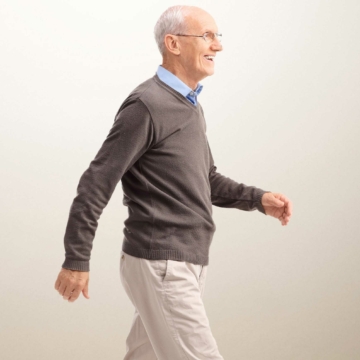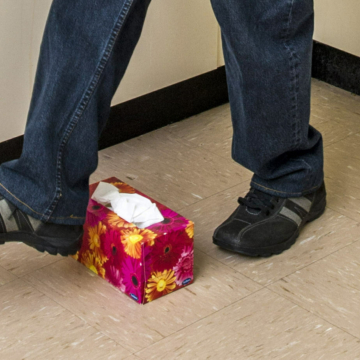Research Project

Phu Hoang
Current Appointments
Senior Research FellowI have been working as a clinical physiotherapist with people with multiple sclerosis (MS) for 15 years. My research interests focus on rehabilitation in MS. Specifically, I am trying to address a few important questions in MS: 1/ What are the characteristics of fallers and frequent fallers in MS; 2/ Are these characteristics amendable via physiotherapy interventions, and 3/ can exercise, beside well-documented short term benefits, slow down progression in MS?
In rehabilitation medicine in MS, there is strong evidence indicating that exercises are beneficial for people with MS in maintaining or improving their functions. However, there is some recent evidence suggesting that exercise may have the impact on slowing down the natural progression of MS. The question “can exercise slow down progression of MS” is what I would like to address in the next 5 years.
In basic science I have developed a method (Hoang’s method) that allows non-invasive measurements of passive properties of muscles. The method has been recognised, improved and used by a few groups in the world with more than 100 citations. The method has also been applied to investigate the properties of muscles in neurological populations who have developed joint contracture. The next step is to use the method to investigate the effectiveness of interventions targeted muscle and joint contractures.
Publications
2024, 24 Oct
Ponencia de Exercise and Sports Science Australia (ESSA) sobre el ejercicio para personas con esclerosis múltiple leve o moderada
View full journal-article on https://doi.org/10.15517/pensarmov.v22i2.62226
2024
Relationship between lower limb muscle weakness and impaired gait in people with multiple sclerosis
2023
Training reactive balance using trips and slips in people with multiple sclerosis: A blinded randomised controlled trial
View full journal-article on http://www.scopus.com/inward/record.url?eid=2-s2.0-85151256398&partnerID=MN8TOARS
2022
Exercise and Sports Science Australia (ESSA) position statement on exercise for people with mild to moderate multiple sclerosis
View full journal-article on http://www.scopus.com/inward/record.url?eid=2-s2.0-85115002280&partnerID=MN8TOARS
2022
Quantifying upper-limb motor impairment in people with multiple sclerosis: A physiological profiling approach
View full journal-article on http://www.scopus.com/inward/record.url?eid=2-s2.0-85124555207&partnerID=MN8TOARS
2021
Brief report: Passive mechanical properties of gastrocnemius in multiple sclerosis and ankle contracture
View full journal-article on http://www.scopus.com/inward/record.url?eid=2-s2.0-85105006311&partnerID=MN8TOARS
2021
Reactive balance responses to a trip and slip during gait in people with multiple sclerosis
View full journal-article on http://www.scopus.com/inward/record.url?eid=2-s2.0-85117814570&partnerID=MN8TOARS
2021
Safety, Feasibility, and Efficacy of an Eccentric Exercise Intervention in People with Multiple Sclerosis with Ankle Contractures
View full journal-article on http://www.scopus.com/inward/record.url?eid=2-s2.0-85102389291&partnerID=MN8TOARS
2021
Sensorimotor, Cognitive, and Affective Functions Contribute to the Prediction of Falls in Old Age and Neurologic Disorders: An Observational Study
View full journal-article on http://www.scopus.com/inward/record.url?eid=2-s2.0-85097885584&partnerID=MN8TOARS
2020
Reactive Balance Adaptability and Retention in People With Multiple Sclerosis: A Systematic Review and Meta-Analysis
View full journal-article on http://www.scopus.com/inward/record.url?eid=2-s2.0-85085963628&partnerID=MN8TOARS
